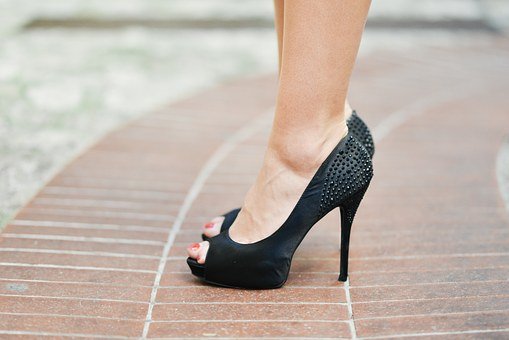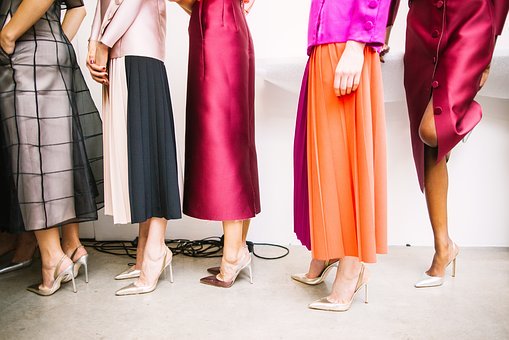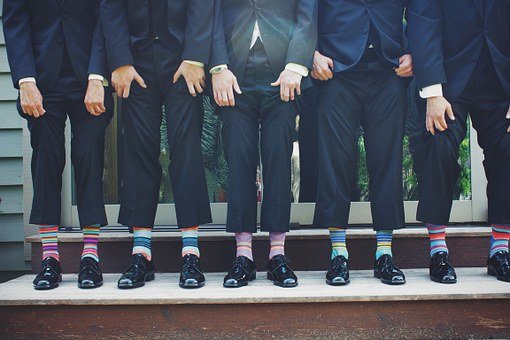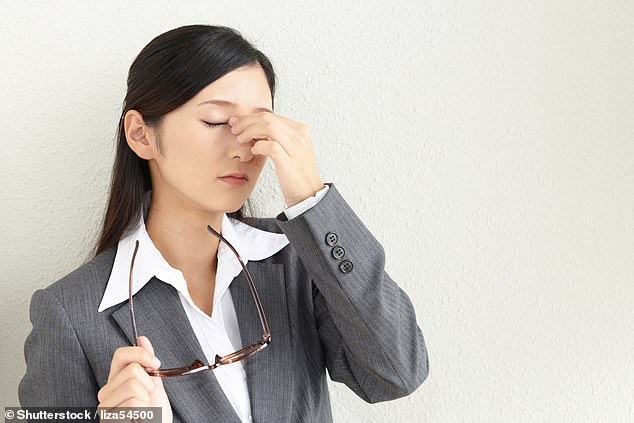Dress codes are a common norm everywhere in the world. Society has been shaping up our social behavior for years. Although, we are wired not to wear party clothes to work and vise-versa, some societies have taken these dress codes to extreme levels.
You may have heard that Japanese women are not allowed to wear glasses at work, and that sounds absurd. Well, these women are also forced, by law, to wear heels on the job.

1 in 10 Companies in Japan Force women To Wear Heels And Make-Up
The Japanese Trade Union Confederation just conducted a survey with shocking results. Not only that companies force women to wear contacts, make up and heels, but 1 out of 10 Japanese companies have strict regulations even regarding the height of the heels.
In addition, several restaurants force their employees to avoid wearing glasses, because it gives them a ”rude, cold look’‘.
The Government Finds This Law ”Reasonable And Necessary”

On other hands, the public outbreak saw light when the Japanese government actually supported the companies. In fact, the ministry of health, claimed that such rules are completely ”reasonable”
Nevertheless, many women in Japan have joined the movement against dress code regulations at work.
Japanese Men Can Wear Whatever They Want

Although the Japanese labor laws are quite strict for both genders, women are the ones who take the greater hit. Companies require men to stick to the international business dress code standards. However, whilst it is mandatory for men to wear a suit and black shoes, central government are aiming to change that rule. In Tokyo, some companies have received guidelines allowing men to drop the tie, and replace the dark shoes with tennis shoes in the summer.
Japanese Women Have Started A Petition Against This Law

Women in Japan have received support and solidarity, revolting against discrimination laws with a worldwide hashtag #KuToo. The movement was started by Yumi Ishikawa, an actress who changed her career working in a hotel, because of this law. She then started a petition, which is signed by over 27,000 people already.
Photos: Pixabay
